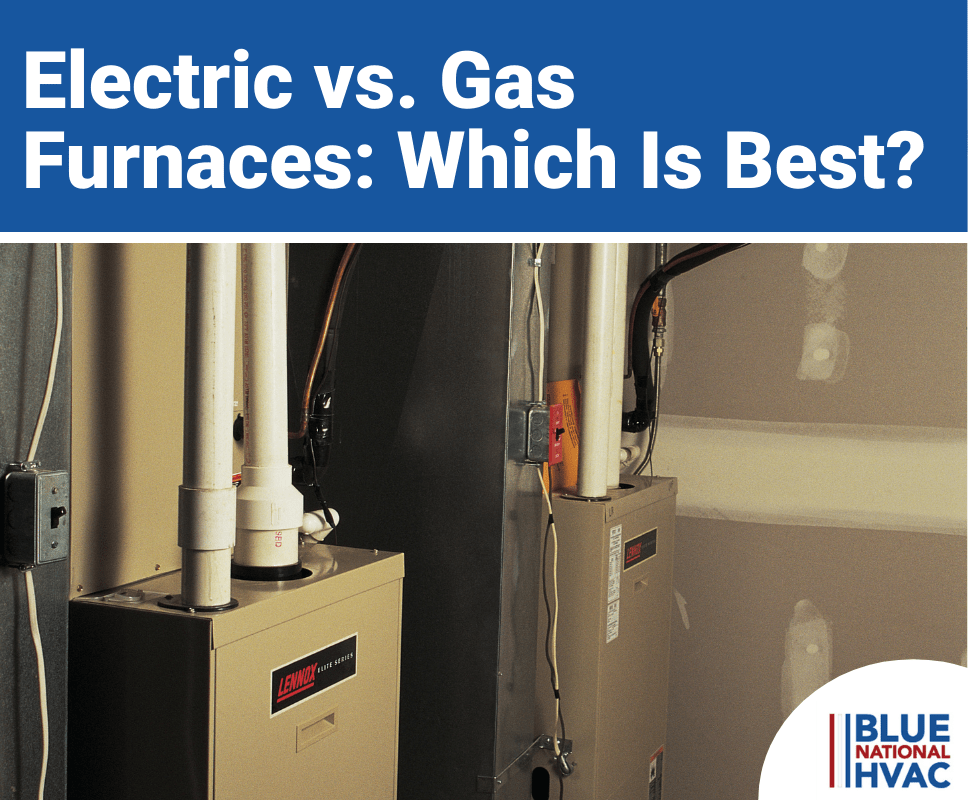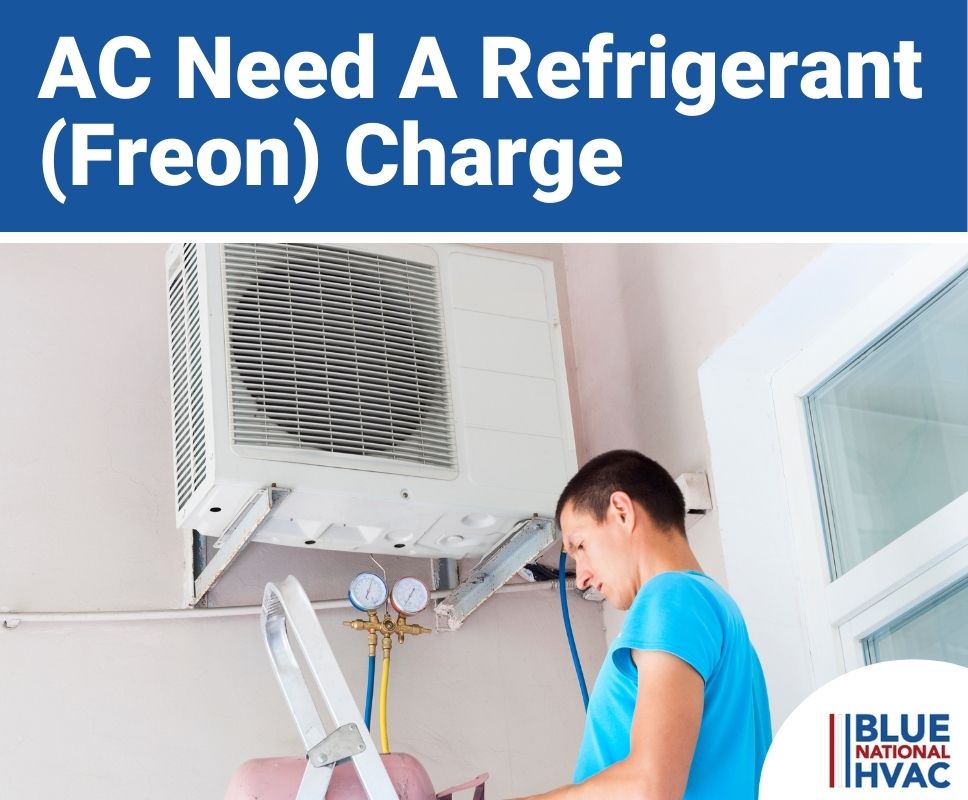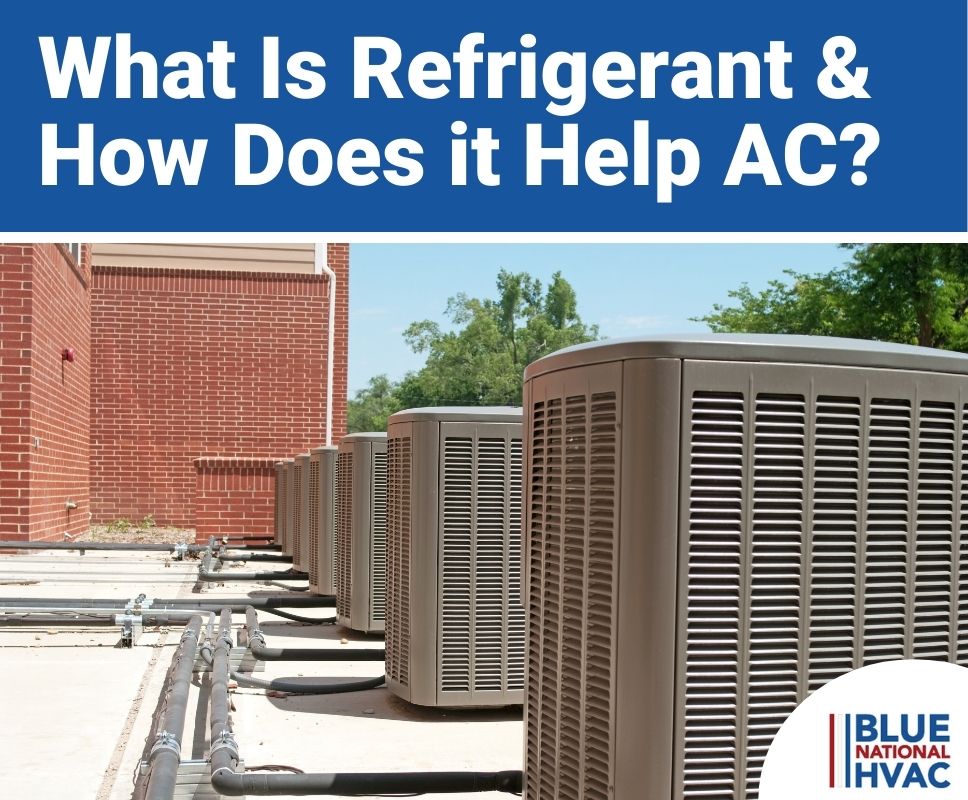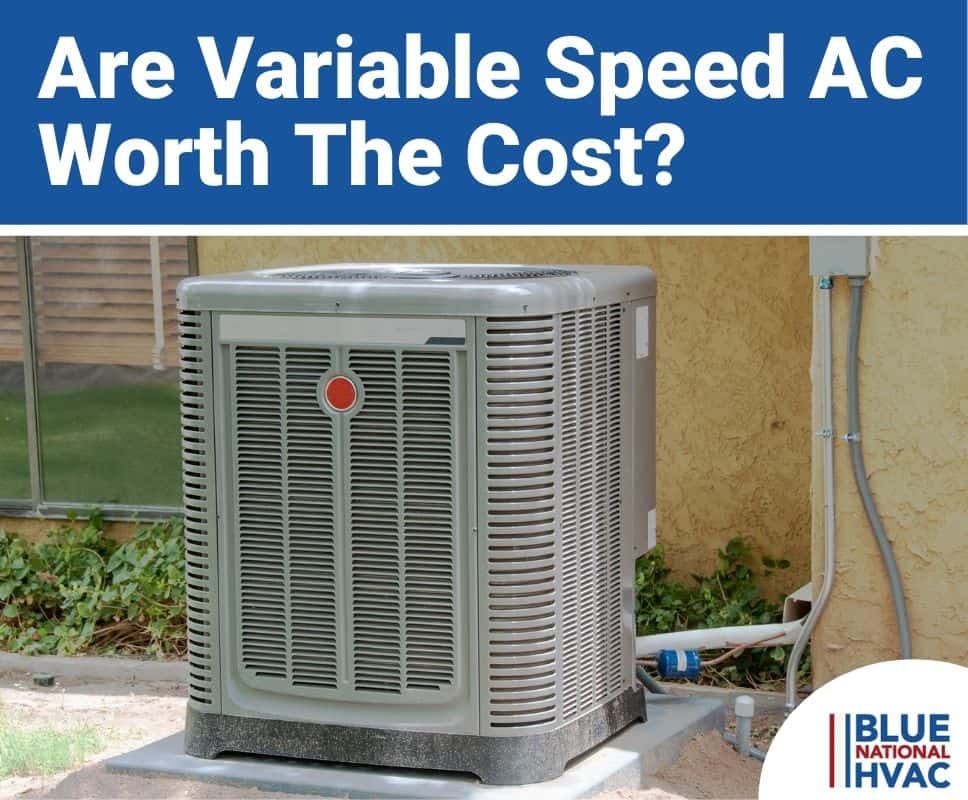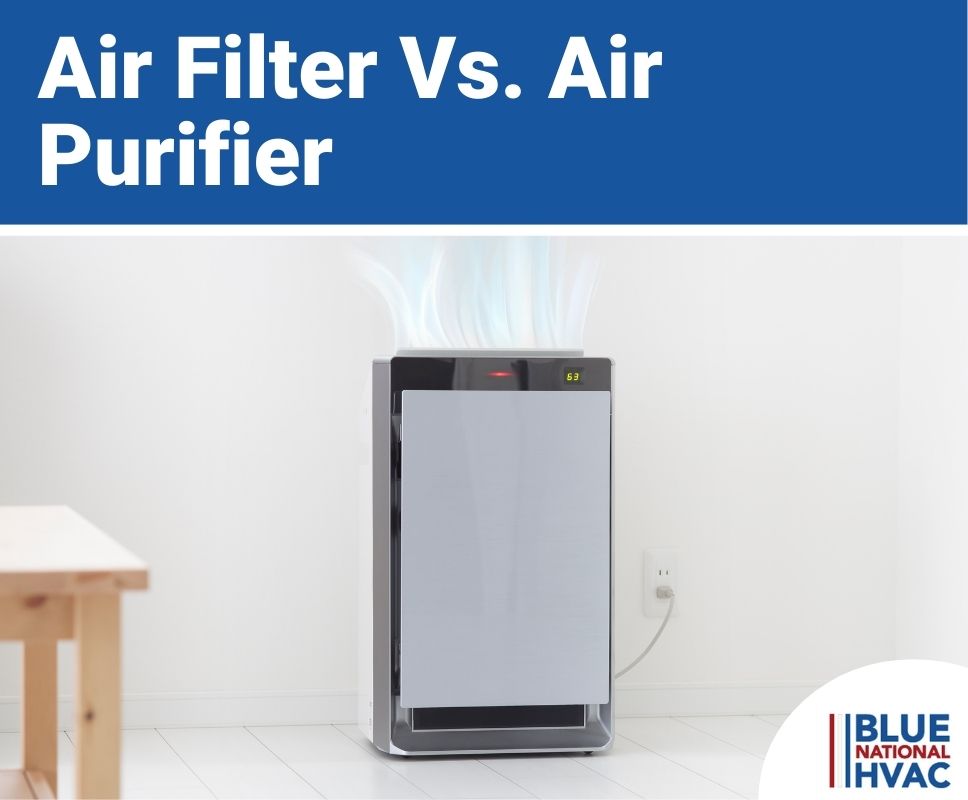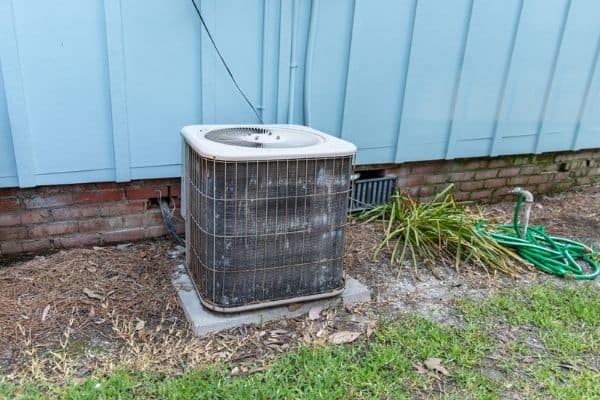Contents (Click To Jump)
- 1 Top 7 Differences Between Electric vs Gas Furnaces
- 2 What Are The Advantages and Disadvantages of a Gas Furnace?
- 3 What Are The Advantages and Disadvantages of an Electric Furnace?
- 4 Which is More Cost-Effective – Electric or Gas Furnaces?
- 5 Which Option is Best for My Climate?
- 6 Any Kind of Furnace Should Be Professionally Installed
Top 7 Differences Between Electric vs Gas Furnaces
Electric and gas furnaces are both tried and true heating systems that have each been around for many decades. Throughout the years, they have undergone technological improvements that made them more efficient than ever before.
As their names imply, both electric and gas furnaces provide heat to your home, but they do have a few key differences that are important to consider when buying a new furnace for your home.
How They Heat Your Home
Each type of furnace uses a different kind of heat, and the ways they provide heat are quite different too. That said, they are both commonly paired with an air conditioner to create a complete HVAC system capable of both heating and cooling. .
Gas Furnaces
Natural gas furnaces create heat by burning natural gas and exchanging the heat with air which is then pumped through your home.
The furnace burner is located directly beneath the heat exchanger and as it combusts the gas, it creates heat. Then, once the heat exchanger is fully heated, air is blown through the heat exchanger, and that heat is transferred to the air. The air is then blown through the ductwork into all of the house’s rooms via the supply vents. Finally, the warm air rises and forces the cooler air into the return vents.
Electric Furnaces
As their name suggests, electric furnaces are entirely electronic, meaning they do not have a fuel source like natural gas, propane, or oil to heat your home. Instead, they contain an electric heating element that is warmed by an electrical current.
Once those are hot, a blower moves air across the heated filaments. The warm air is then forced through the ductwork into the rooms of your home.
At the same time, the blower pulls the cooler air from the rooms into the return vents back to the furnace. The heating process then repeats until the thermostat measures a temperature above its setpoint.
Installation
The installation process for electric furnaces and gas furnaces is quite different.
Electric furnaces are the easier of the two to install. They are installed into the basement, attic, garage or utility closet in your home. They need to be connected to the ductwork and installed properly. Additionally, the electric furnace needs to be wired to the thermostat.
This process sounds straightforward and simple, but it is not. There’s a lot that goes into making sure everything is set up optimally.
On the other hand, the installation of gas furnaces is much more complicated. Gas systems only have a single indoor unit installed and connected to the ductwork. However, it must be connected to the gas line, and a secure, proper connection must be verified by a professional.
Because gas furnaces heat via combustion, the combustion gas has to be safely exhausted from the home. The way we accomplish this is by exhausting the gas through a flue (a small chimney that exits the roof or side of the house).
If the gas furnace is not vented correctly, there is a risk of carbon monoxide buildup in the home (more on that in a moment). So, if you have a gas furnace, test your carbon monoxide detectors once a month to ensure proper operation.
Unit Costs
Homeowners that are adding a new gas or electric furnace to their home typically pay the following upfront costs:
- Gas furnace
- Average cost: $700 to $4,000
- Average installation cost: $1,700 to $2,500
- Electric furnace
- Average cost: $700 to $1,600
- Average installation costs: $1,200 to $2,400
As you can see, gas furnaces have a wider range of costs than electric furnaces. The reason is simple: There are many more gas furnaces available with different quality, efficiency, and capacity levels. Sure the cost of an electric furnace is lower, but you have limited options.
There is one caveat with gas furnaces – if you don’t already have natural gas lines running to your property, having them installed can be very expensive. Depending on the distance the natural gas line would have to run, it can increase an initial cost of thousands to tens of thousands of dollars.
Heating Costs
The main benefit of gas furnaces over electric furnaces is that they have lower operating costs. Natural gas is a much lower cost utility than electricity. Sure, electric furnaces cost much less upfront, but you must also consider how much more they will cost to heat your home on an ongoing basis.
Electric heat has anywhere from an 8% to 30% higher cost than natural gas heating, depending on your location within the U.S. (i.e., your local energy costs).
Safety
Although gas furnaces are designed to be as safe as possible, there is still an inherent risk when dealing with a combustion process. Natural gas is highly flammable, and if something goes wrong, it could set your home on fire. Another safety risk with a gas unit is carbon monoxide poisoning.
Carbon monoxide (CO) is a byproduct of the combustion of natural gas. If it is not correctly vented, it will lead to a buildup in the home, which can be toxic or fatal to the occupants.
While electric furnaces are safer since they don’t burn natural gas, they do still pose a fire risk as well. If their heated electrical elements malfunction, they can spark a fire. However, there’s no CO risk (since there’s no combustion) and a smaller fire risk, so electric furnaces are the safer of the two.
That said, doing regular maintenance and tune-ups on both electric and gas furnaces is the best way to prevent catastrophic failures in the future.
Energy Efficiencies
The energy efficiency of a furnace is measured by the Annual Fuel Utilization Efficiency (AFUE). AFUE is the ratio of the fuel used versus how much usable heat is generated. For example, if a furnace has a 90% AFUE rating, then 90% of the fuel it uses is converted into heat. The other 10% will be “lost” through the exhaust gas.
Here is how the AFUE ratings of gas and electric furnaces compare:
| Furnace Type | Gas Furnace | Electric Furnace |
| AFUE Rating | 80% to 98.5% | Always 100% |
You might be thinking, “Wow, electric furnaces are great! Why even use a gas furnace?” Well, the AFUE of an electric furnace does not tell the whole story.
Electric furnaces don’t burn fuel, so they can’t lose any energy to exhaust. All of the electricity within an electric furnace is converted into heat, and since it’s completely sealed, there are no losses. Therefore, the “fantastic” 100% efficiency rating is just a byproduct of its design and doesn’t necessarily mean it uses less energy.
Don’t get us wrong, 100% efficiency is the best possible AFUE, but there’s one pitfall. Electricity is a much more expensive way to heat. Heating costs for a 100% AFUE-rated electric furnace will be far greater than that of an 80% AFUE gas furnace. This difference would be even greater compared to a high-efficiency gas furnace with an AFUE of 98.5%.
Average Lifespan
Both electric and gas furnaces will last for many years, so despite the high upfront cost, you’ll be getting value from this investment for a long time.
On average, gas furnaces last 20 years, and electric furnaces last for 30 years. As you can see, electric furnaces have a longer lifespan on average but, with proper maintenance, gas furnaces can last just as long.
What Are The Advantages and Disadvantages of a Gas Furnace?
Gas furnaces create heat by burning natural gas. Since they burn it directly to warm your home, they can heat it quickly and efficiently.
Here are the pro and cons of gas furnaces:
| Gas Furnaces | |
| Advantage | Disadvantage |
| Heats better in colder climates, large BTU capacity | Requires more maintenance |
| High AFUE, from 80 to 99% | Carbon monoxide and gas leak risks |
| Lower heating costs | Noisier than an electric furnace |
| Faster heating response | Directly uses fossil fuels which is harmful to the environment |
What Are The Advantages and Disadvantages of an Electric Furnace?
Compared to gas furnaces, electric heating has better efficiencies and tends to last many years longer on average. They are less common due to the fact that they struggle with high heating demands and large homes.
Here are the advantages and disadvantages of heat pumps:
| Electric Furnaces | |
| Advantage | Disadvantage |
| Easier to install | Poor performance in colder climates |
| Simpler maintenance | High energy consumption and costs |
| Longer average lifespan | Slow response to heating demands |
| No risk of carbon monoxide or natural gas leaks | Less “common” parts if replacement parts are needed |
| Higher AFUE rating | Needs lots of electricity to heat a home |
| Quieter than a gas furnace | May use electricity generated by coal-fired power plants and have more harmful emissions than gas furnaces |
Which is More Cost-Effective – Electric or Gas Furnaces?
In general, gas furnaces are almost always the more cost-effective option. Granted, they do have higher upfront and installation costs. But, they make up for that with their very low heating costs. Per unit of heating, natural gas costs up to 40% less to heat a home than electric furnaces.
Therefore, a gas furnace’s more costly upfront investment will be the less expensive choice after just a few years of operation (in most cases).
However, gas furnaces are not always the most cost-effective choice. If you live in an extremely mild climate with barely any winter (for example, it gets below 50°F a few days a year), then an electric unit could be the more cost-effective choice.
To determine which is a better financial choice, homeowners should take into account the following factors:
- Upfront furnace and installation cost
- Expected yearly maintenance and tune-up costs
- Heating costs
- Warranty
- Lifespan
- Local climate
Which Option is Best for My Climate?
As you may have discovered by now, gas furnaces can provide heat to a home quickly, even on the coldest days of the year. However, electric furnaces would struggle to keep up with the intense heating demands of a sub-zero climate.
As such, electric and gas furnaces are better tailored to different parts of the country:
Hot/Mild Climates
Electric furnaces work best for the southern U.S. states that experience mild winters with higher temperatures (above 40°F).
Cold Climates
Gas furnaces are exceptional and efficient in cold climates, whether the temperature is -50°F or +50°F.
Any Kind of Furnace Should Be Professionally Installed
Installations of electric and gas furnaces are no easy “DIY” tasks. These types of installations require years of training and experience to complete safely and correctly. Most car owners take their vehicles to the mechanic when it needs service.
Whether you need help selecting a new furnace for your home or require HVAC service, our experienced HVAC pros are ready to help. Give us a call at Blue National HVAC to get assistance today!

